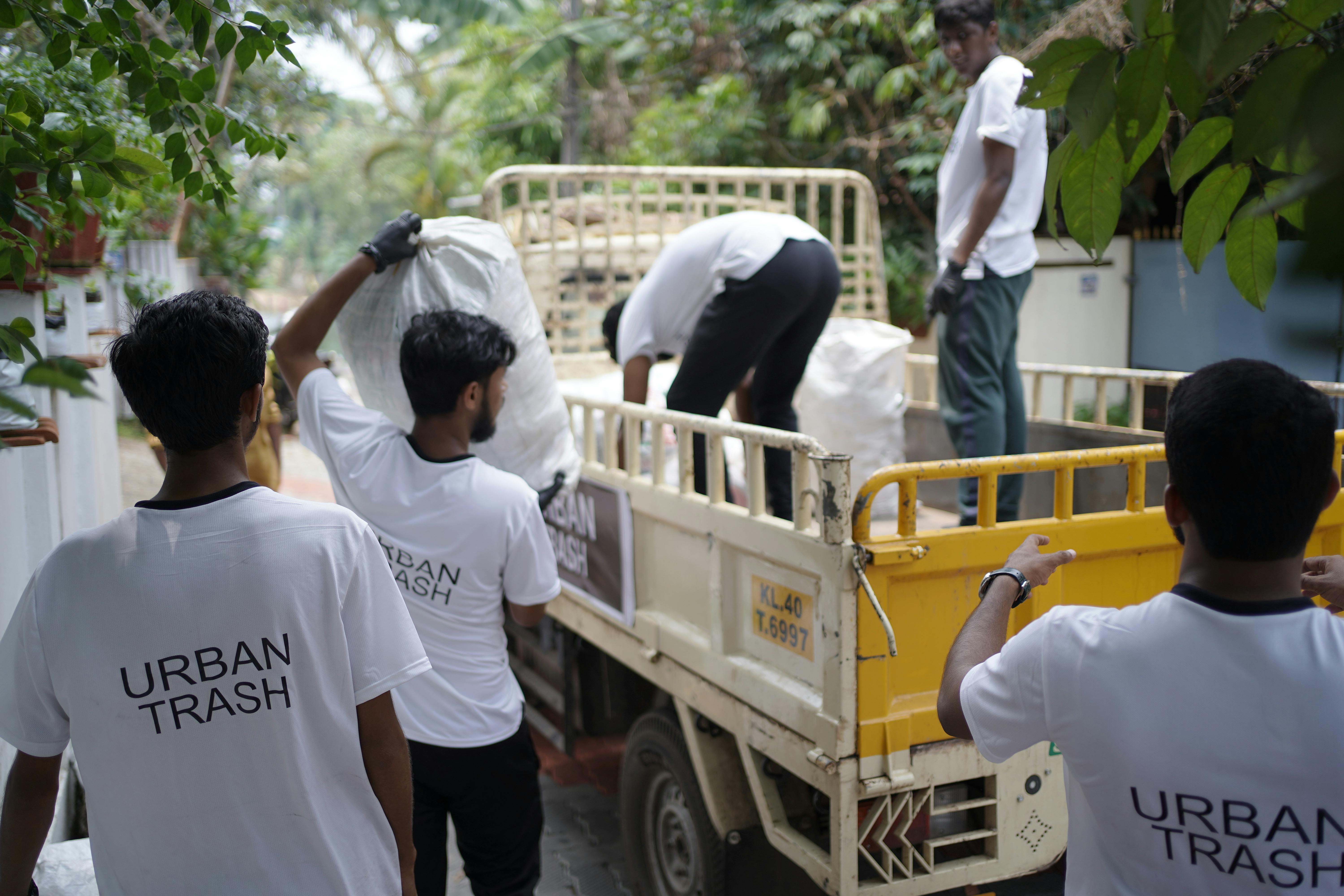 Are you looking for the right solution when it comes to WC waste management? With the world becoming increasingly conscious of environmental impact and the need to reduce waste, the importance of managing waste correctly is more important than ever.
Are you looking for the right solution when it comes to WC waste management? With the world becoming increasingly conscious of environmental impact and the need to reduce waste, the importance of managing waste correctly is more important than ever.
At Midland Toilet Hire, we are here to help you choose the best WC waste management system for your needs. We’ve put together this guide to help you understand the different types of WC waste management systems, and how to choose the right one for your needs.
What is WC Waste Management?
WC waste management is the process of collecting, transporting, treating and disposing of human excreta, such as urine and faeces. It involves the use of a range of systems, equipment and services to ensure safe and hygienic disposal of waste.
Having a well-managed WC waste system is essential to reduce the risk of disease and ensure that the environment remains clean and safe.
Types of WC Waste Management Systems
There are a range of different types of WC waste management systems available, each with its own advantages and disadvantages. Here’s a look at some of the most common types of WC waste management systems:
1. Septic Tanks
Septic tanks are the most common type of WC waste management system. They are used in areas where there is no access to a municipal sewer system. Septic tanks are a closed system, meaning that waste is contained in the tank and does not enter the environment. They are simple to install and maintain, and they don’t require a large amount of space.
2. Composting
Composting is a type of WC waste management system that uses natural processes to break down waste. Composting toilets are usually self-contained units that use a combination of aerobic, anaerobic and aerobic bacteria to break down the waste material. They are a great option for areas where there is no access to a sewer system. The composting process produces a nutrient-rich soil that can be used as a fertiliser.
3. Constructed Wetlands
Constructed wetlands are a type of artificial wetland that is designed to mimic natural wetland ecosystems. They are used to treat wastewater and other forms of waste. They are a great option for areas where there is limited access to a sewer system or where traditional waste management systems are not suitable. Constructed wetlands are generally more expensive to install and maintain than other types of WC waste management systems.
4. Greywater Recycling
Greywater recycling is a type of WC waste management system that involves collecting and treating wastewater from sinks and showers. The wastewater is then recycled for use in a variety of applications, such as flushing toilets and watering plants. Greywater recycling systems are a great option for areas where there is limited access to a sewer system.
5. Incineration
Incineration is a type of WC waste management system that involves burning waste material in a specialised furnace. This process destroys disease-causing organisms and reduces the volume of the waste material. Incineration systems are a great option for areas where there is limited access to a sewer system or where traditional waste management systems are not suitable.
How to Choose the Right WC Waste Management System
When it comes to choosing the right WC waste management system, there are a few things that you should consider. Here’s a look at some of the factors that you should take into account:
1. Cost
The cost of installing and maintaining a WC waste management system is an important factor to consider. Septic tanks and composting toilets are usually the most cost-effective options, while constructed wetlands and incineration systems are usually more expensive.
2. Ease of Installation
The ease of installation of the WC waste management system is also an important factor to consider. Septic tanks and composting toilets are usually the easiest to install, while constructed wetlands and incineration systems are usually more complicated.
3. Space Requirements
The amount of space required for the WC waste management system is another important factor to consider. Septic tanks and composting toilets usually require a smaller amount of space than constructed wetlands and incineration systems.
4. Maintenance Requirements
The amount of maintenance required for the WC waste management system is also an important factor to consider. Septic tanks and composting toilets usually require less maintenance than constructed wetlands and incineration systems.
5. Environmental Impact
The potential environmental impact of the WC waste management system is also an important factor to consider. Septic tanks and composting toilets are usually the most environmentally friendly options, while constructed wetlands and incineration systems can have a greater potential environmental impact.
Conclusion
Choosing the right WC waste management system for your needs is an important decision. It’s important to consider all of the factors outlined above before making a decision. At Midland Toilet Hire, we’re here to help you find the right WC waste management system for your needs. Contact us today to learn more about our range of WC waste management systems.
